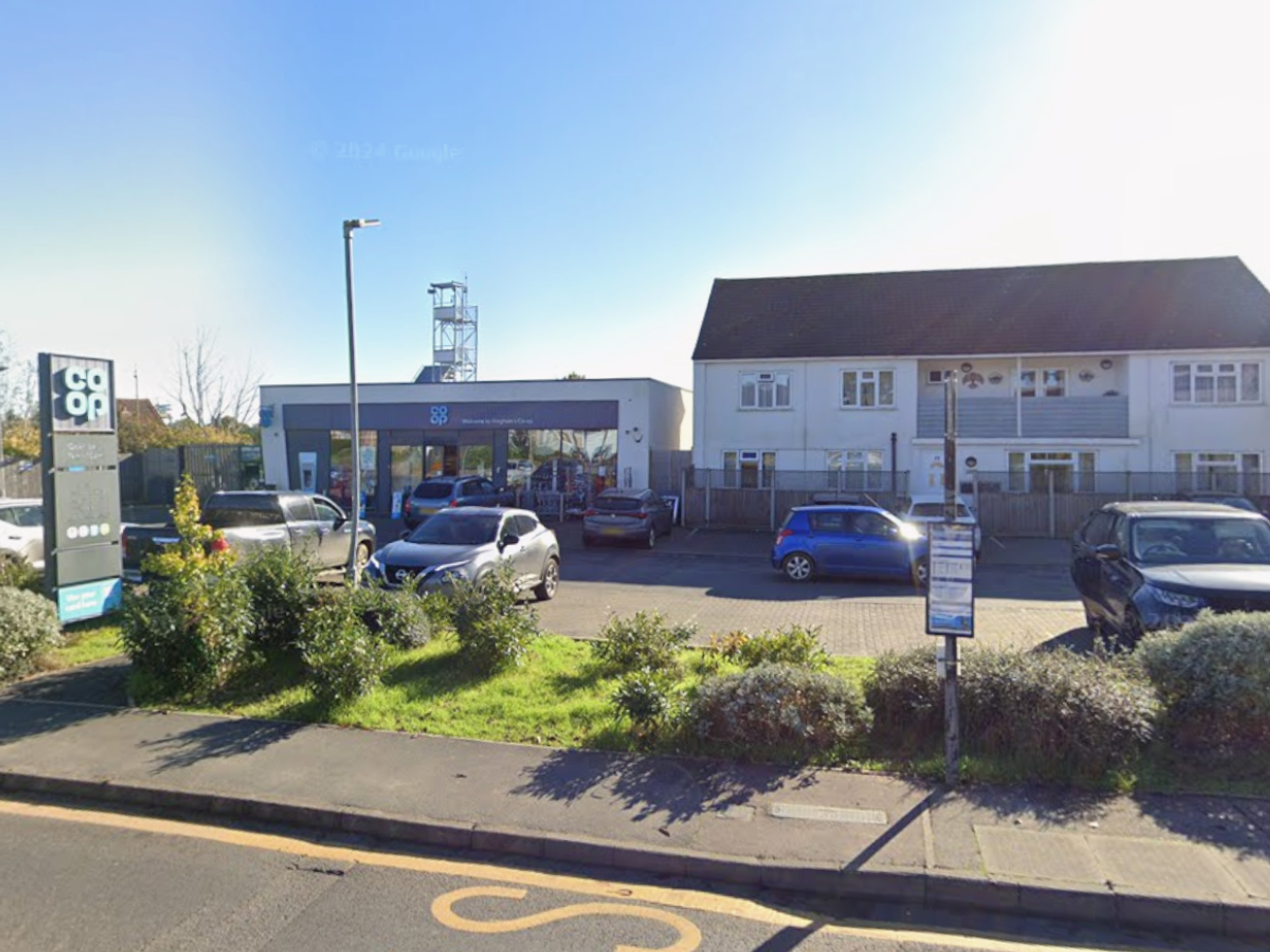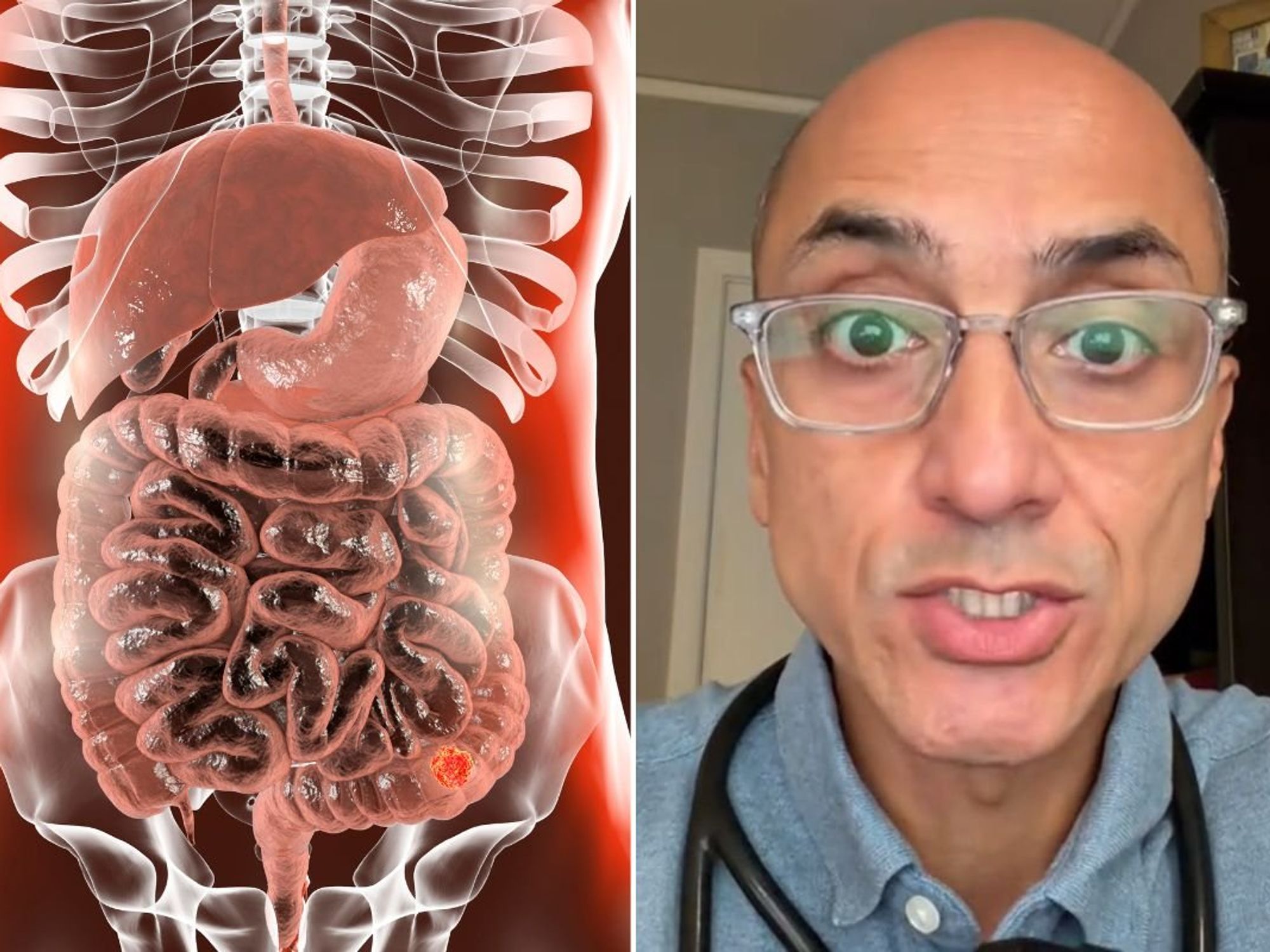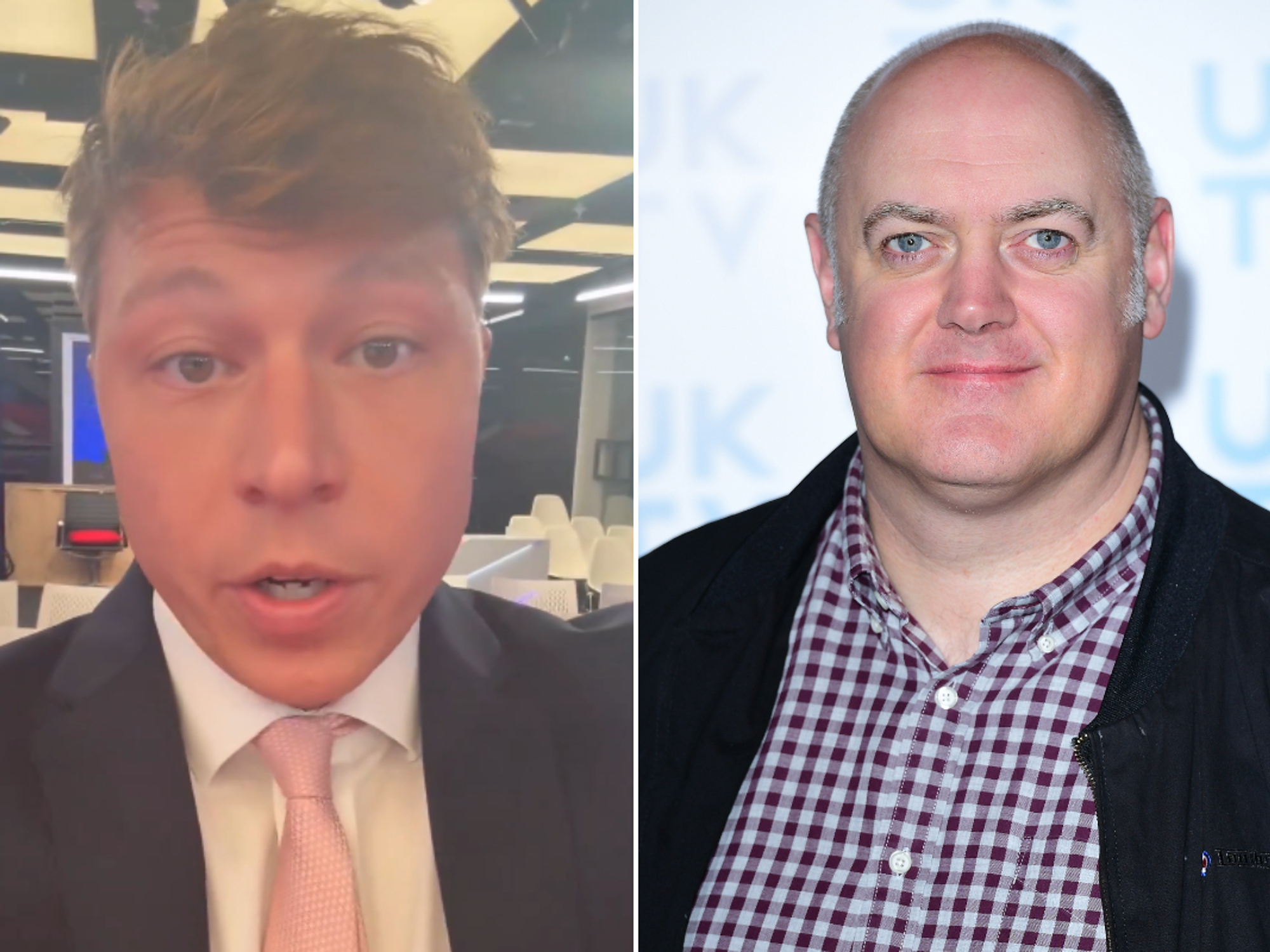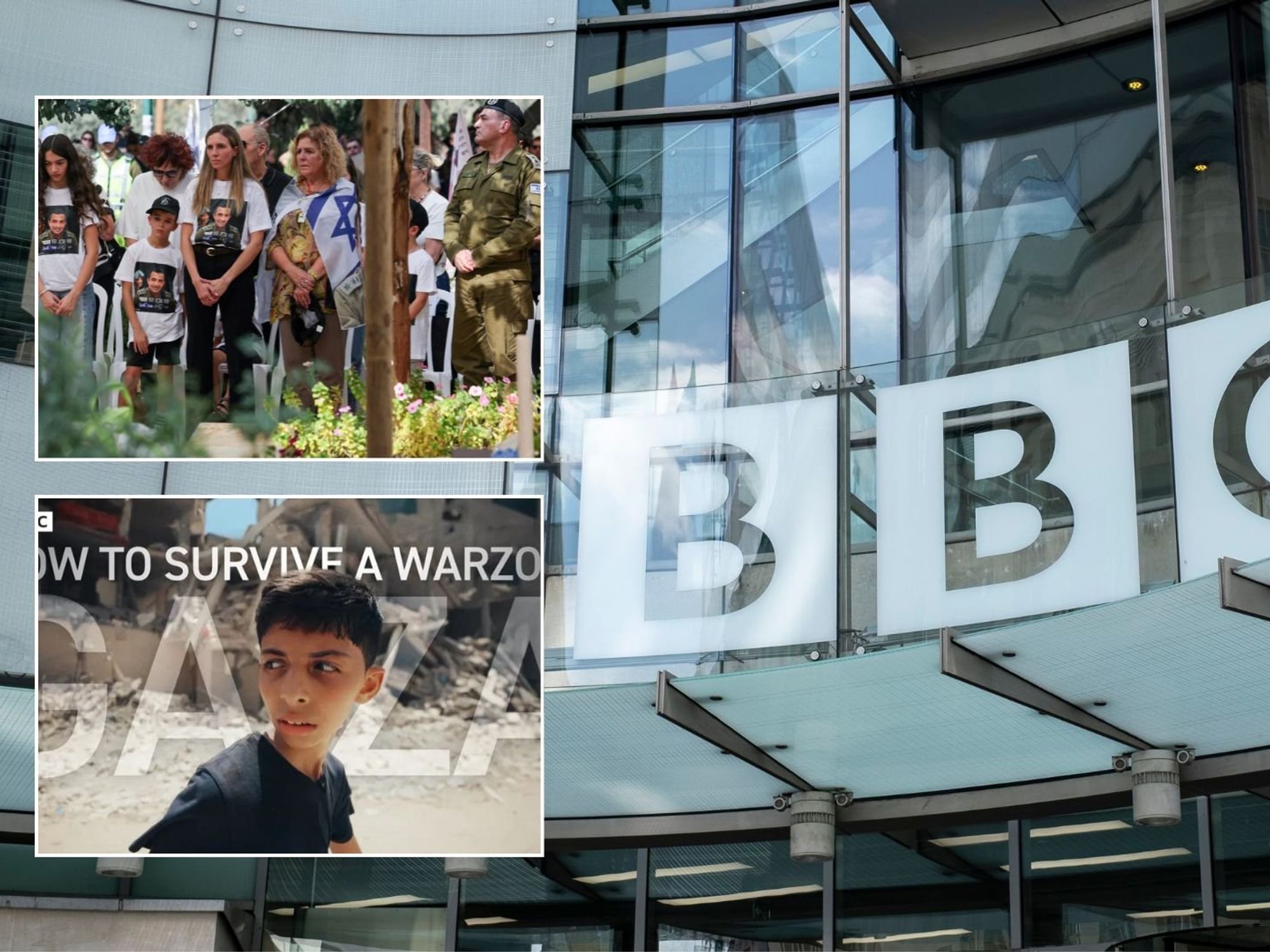'Real, tangible hope' for cancer patients as world-first breath test could 'revolutionise' early detection

'It is, undoubtedly, the most significant step toward a lifesaving breakthrough in 50 years,' says Pancreatic Cancer UK CEO
Don't Miss
Most Read
A breath test that could save thousands of lives from pancreatic cancer is launching across the UK, following a two-year clinical study by Imperial College London.
The groundbreaking trial will see patients at 40 hospitals throughout England, Scotland, and Wales take part in what could transform how doctors spot this deadly disease.
Pancreatic Cancer UK is putting more than £1.1million behind this world-first technology. It's the biggest trial of its kind, with thousands of undiagnosed patients helping test whether a simple breath sample can catch cancer early.
Scientists are confident the "highly promising" test can detect the disease even in its earliest stages and hope that it could be used by GPs across the country within the next five years.
TRENDING
Stories
Videos
Your Say
The charity believes this breathalyser-style device could be in GP surgeries within five years, offering hope to families affected by the deadliest common cancer.
The test works by detecting volatile organic compounds (VOCs) present in the breath.
Thousands of these compounds travel around the bloodstream, are filtered out when the blood reaches the lungs, and are then breathed out.
"Isolating unique combinations of VOCs should enable doctors to quickly identify people likely to have pancreatic cancer and then triage them for urgent investigation, Pancreatic Cancer UK explained.
"GPs who suspect pancreatic cancer can refer patients for ultrasound, CT, or MRI scans. However, the disease's vague symptoms are common to many, much less serious conditions, meaning health professionals currently face a huge challenge in deciding who should be referred for further investigation."
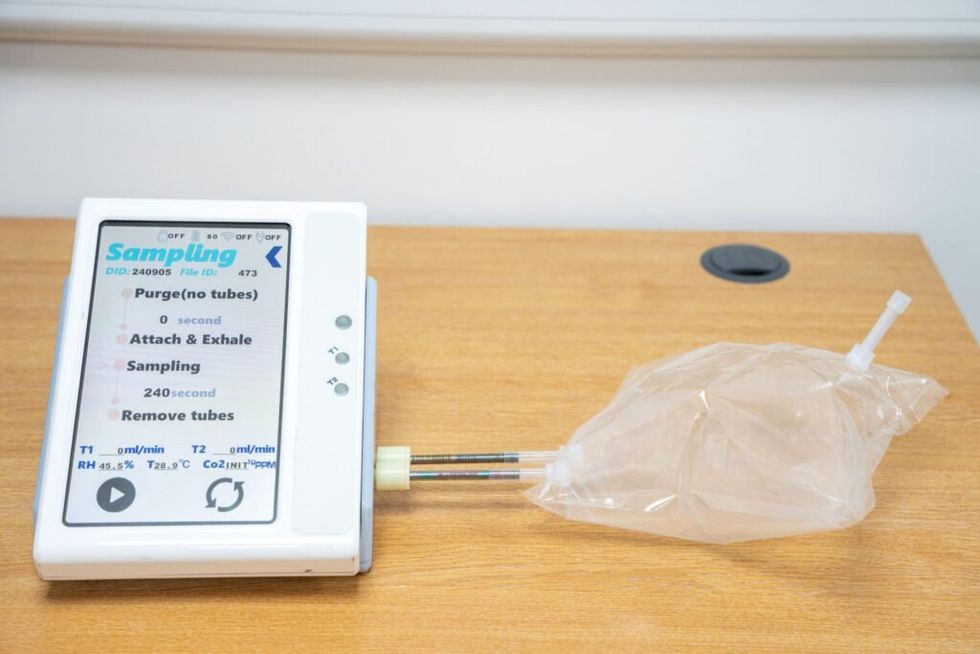
It takes just 30 seconds to give a breath sample, and doctors can deliver results within three days
|PANCREATIC CANCER UK
It takes just 30 seconds to give a breath sample, and doctors can deliver results within three days –reassuring news for patients currently facing long waits for a diagnosis.
As it stands, pancreatic cancer is incredibly hard to spot early. Indeed, "vague" symptoms like back pain and indigestion are so common that an alarming 80 per cent of cases aren't detected until the cancer has spread.
CEO of Pancreatic Cancer UK, Diana Jupp, called it "the most significant step toward a lifesaving breakthrough in 50 years".
She added: "The breath test has the potential to revolutionise the early detection of pancreatic cancer.
LATEST DEVELOPMENTS:

Vague symptoms like back pain mean 80% of cases aren't detected until the cancer has spread
| GETTY"This is the first pancreatic cancer breath test to ever reach a national clinical trial. That in itself makes this a moment of real, tangible hope."
Ms Jupp stressed that while development work continues before GPs can use the technology nationwide, thousands of patients will now help test it in real-world settings.
"For decades, the deadliest common cancer has been seen as too great a challenge to solve, but we are determined to keep pushing the boundaries of what's thought possible," she added.
Dr George Hanna, who leads the Department of Surgery and Cancer at Imperial College London, is excited about what comes next.
"If our findings from the initial phase of the breath test study can be validated in a population of patients with an unknown diagnosis, it has huge potential to influence clinical practice and pancreatic cancer referral pathways," he said.
Revealing even bigger ambitions, Dr Hanna's "ultimate aim" is to create a test that can detect and distinguish several different cancers from one breath sample.
This would increase the likelihood of its adoption by healthcare systems around the world.
Early research shows it's possible to identify unique breath patterns for pancreatic, oesophageal, gastric, liver, and colorectal cancers.
Our Standards: The GB News Editorial Charter







